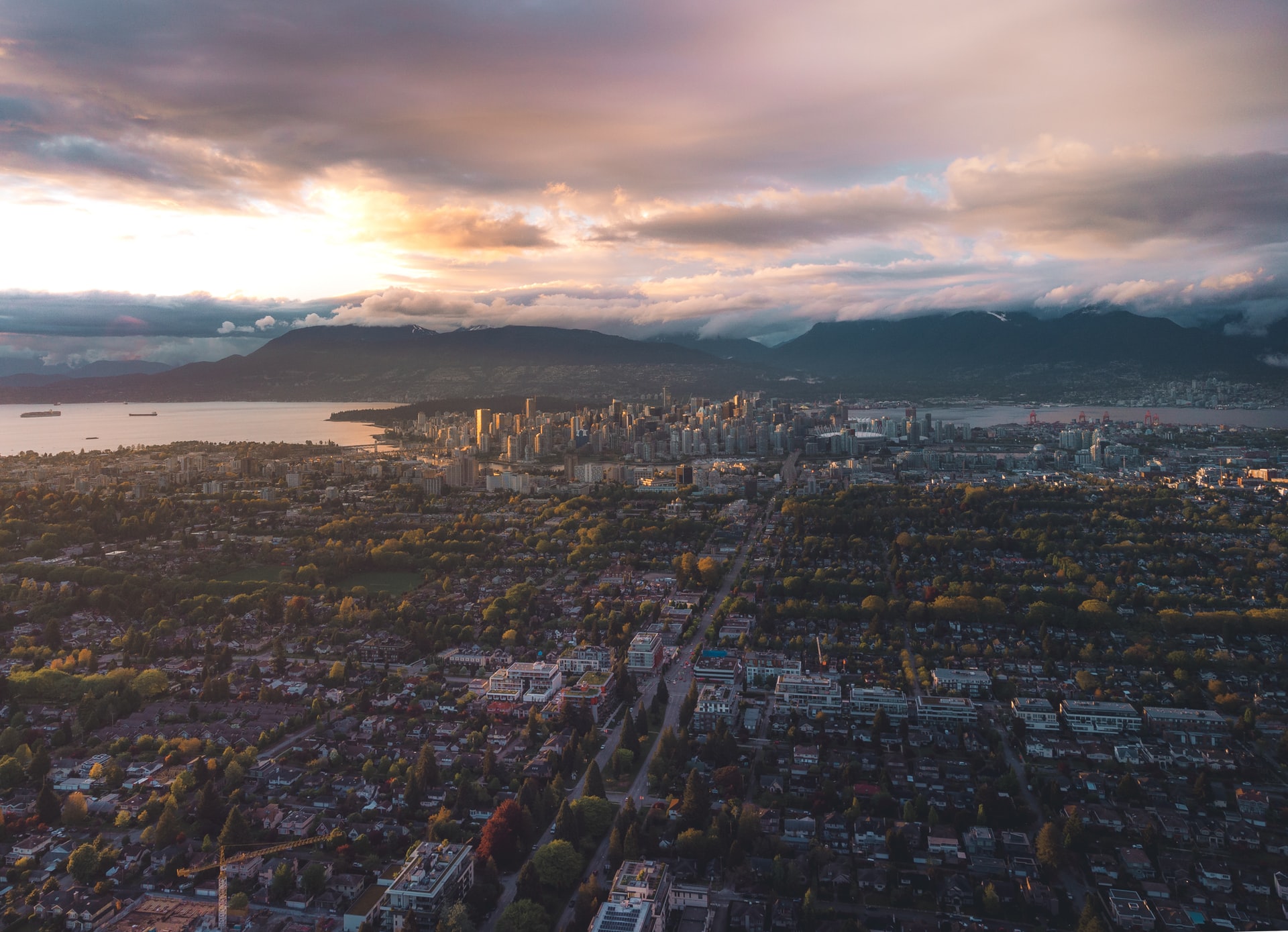By contrast, Vancouver has been much more proactive, building Skytrain lines as a means to promote development instead of waiting until there are overloads in areas and then trying reactively to serve them. The lines and stations get built at the same time as the high-rises (pre-sold, naturally), so that as the station opens, people move in. You can pick out the stations from the air by looking for the clumps of 30+ storey high-rises at each one, all built with one coherent plan. Having these pockets of huge density also allows for a much higher percentage of dwellings with reasonable commutes and/or no need for car ownership, thus making the housing more affordable in overall terms. Adding planned commercial and retail space on the street level also makes these pockets much more livable, with groceries, cafes, restaurants, and small storefronts all walkable for the residents.
Of course, all this requires a grand plan with a long-term vision. This isn't something that Toronto excels at, preferring to let individual developers lobby to reap the fattest profit today, damn the future. Better to knock down all those expensive heritage buildings, steamroll any sort of community concerns, and make the fastest buck possible. Colour me cynical, but I think this has a lot less to do with addressing housing prices and a lot more to do with helping out the developer lobby...




















